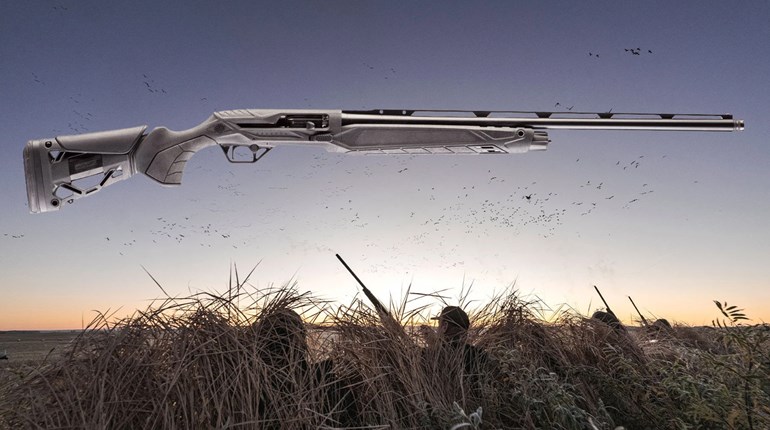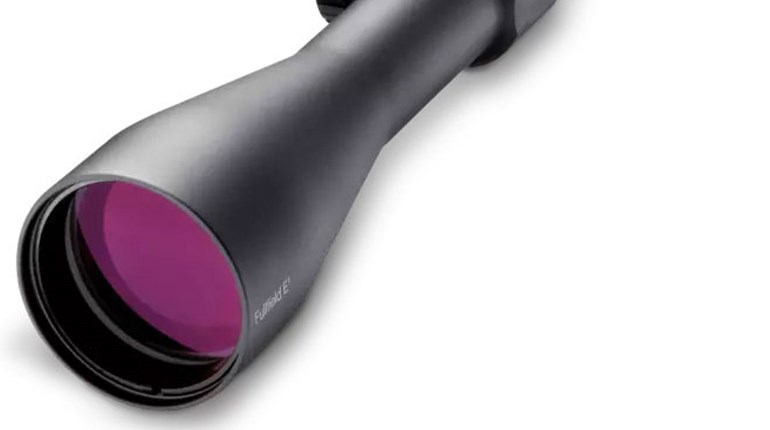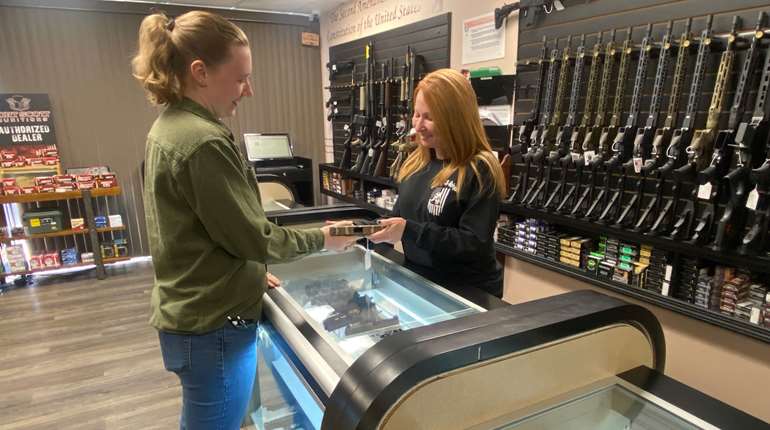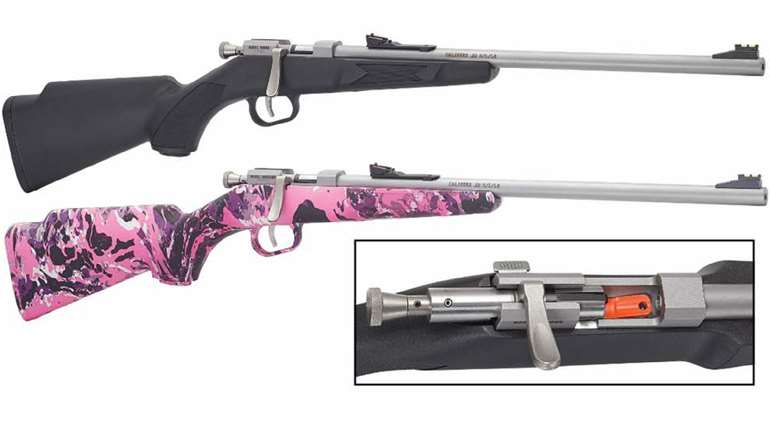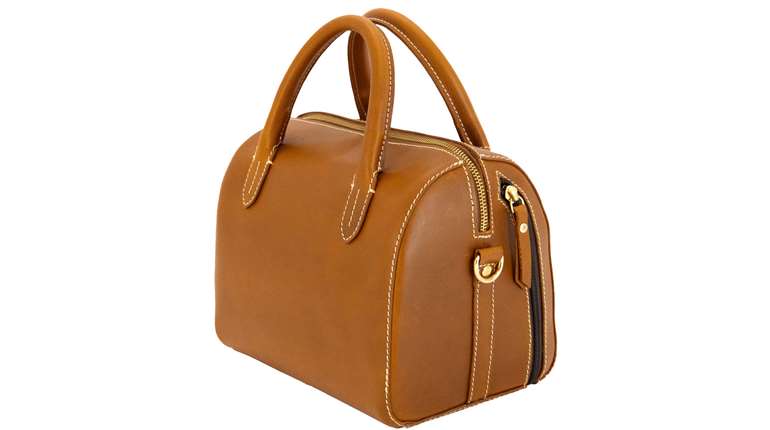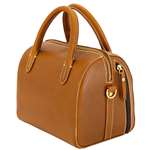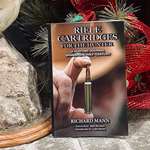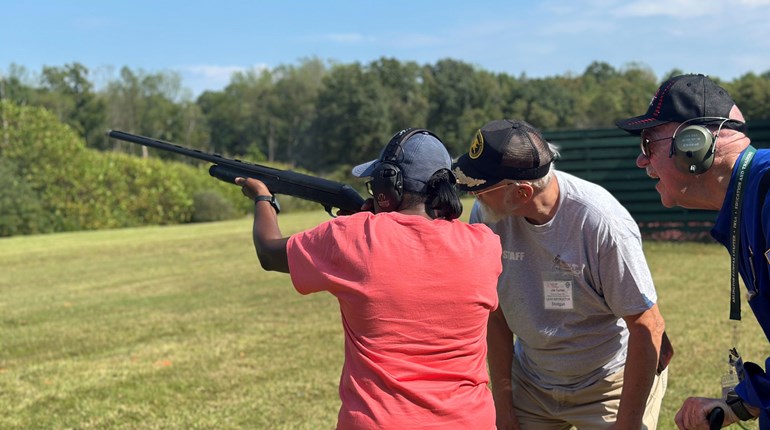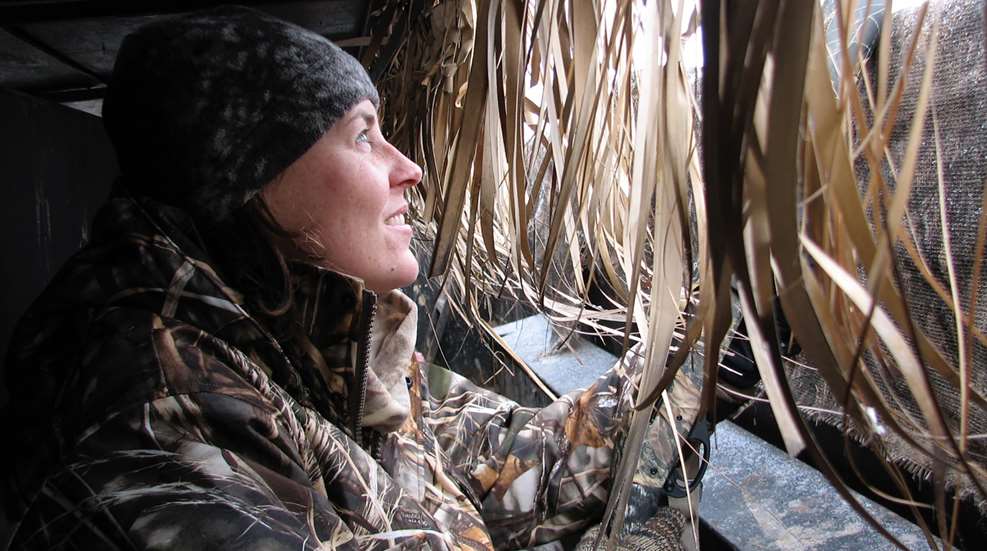
Duck season is upon us, and if you haven’t tried waterfowling, you’re missing out. Duck hunting is one of my favorite types of hunting, because in many cases, it’s a social activity—there are few better ways to spend a morning than sitting in a duck blind with friends, sipping coffee and chatting between flights. That said, I’ve spent many a miserable day in a duck blind as well, and it was seldom because of a lack of birds (which is to be expected). My least fun, least comfortable days afield were because I showed up unprepared in one way or another.
Learn from my mistakes and be sure to pack for the occasion. You don’t need to haul a huge bag full of stuff into the duck blind with you, but you’ll definitely want these five things depending on the circumstances.
1. The Obvious to Make You Legal
I’ve never personally gotten to a field and realized I left my ammo at home, but I know more than one hunter who has. Check before you go, and don’t forget the plug for your shotgun and a choke tube wrench in case your tube works loose.
I’ve also been inspected in the field by game wardens, which is a reminder that you should always carry all required licenses, permits and stamps with you into the field. I always take my driver’s license, too. Put it all in a watertight zip-top bag and stick it in a pocket in your blind bag so you don’t have to bring your whole wallet afield.

2. Something to Keep You Fed
One Eastern Shore goose hunt was supposed to last a couple of hours, max. Unfortunately, the birds didn’t get that memo, and we stayed in a pit blind from sun-up to sundown. I’m normally cool with all-day sits, but my heart sank around noon (let’s be honest, it was more like 10:45) when I reached for my sandwich and realized I’d left my lunch on the counter back at camp. I snagged bits and pieces of everyone else’s lunches, desperately missing my Diet Coke and peanut butter crackers.
You won’t need a lot, but even if you don’t expect to be out all day, pack something to eat, a bottle of water and maybe some coffee or other source of caffeine if that’s your jam. And along with those beverages, don’t forget to throw in some toilet paper.
3. Something to Add Warmth
Mid- and late-season duck hunting can be cold, cold, cold, and if you’re damp or wet, it’s all the worse. It’s smart to keep an extra accessory or two in your blind bag for those days when you just need a little something more. It might be an extra beanie or a spare pair of gloves in case yours get wet. On the very coldest days, I like to wear a slim pair of earmuffs. I run the headband part around the back of my neck so it doesn’t interfere with my hat or beanie, and the muffs keep my ears extra warm while also helping muffle the sound of gunfire. They don’t take up much space in my bag and have saved my bacon more than once.
Of course, chemical hand warmers are a must for late-season hunts as well. Fire up a few of those babies and shove them in your pockets before you get out of the truck, and they’ll be toasty warm in half an hour or less. I’ve had great luck wearing a fleece muff around my waist and keeping three or four hand warmers in there. It allows me to keep my hands warm between flights without having to wear gloves — I’ve always had trouble running a gun with gloves on without fumbling and dropping shells.

4. Something to Keep You Comfortable
For me, this is sunglasses, lip balm, some liquid bandage and a small bottle of contact solution. On a duck hunt, you’re likely to be dusty and dry (dry field hunts) or damp and wet (everything else). Lip balm keeps your lips from getting cracked and sore in either instance, and I’ve found liquid bandage to be a lifesaver on hunts where my cuticles start to crack and peel after days of reaching into bags and ammo boxes. The contact solution lets me rinse out my contact lenses if a bit of dust or debris blows the wrong direction.
On early-season hunts, bug spray and/or a Thermacell falls into the “something to make you comfortable” category and is an absolute must. Mosquitos can get so thick they’ll make you want to quit a hunt early, so you’d better have a plan to keep them at bay.
5. Specialty Items and Stuff to Keep You Functional
All the dirt, dust, grime, water and mud involved in waterfowling can wreak havoc on a shotgun. It’s not a bad idea to keep a small can of spray oil or lubricant in your bag in case the gun seizes up on you, and a rod and rags (maybe kept in the truck) can get you back up and running if you should trip and jam your gun barrel into the mud or snow. If that happens, DO NOT shoot your gun until you have unloaded it and safely and thoroughly cleared the obstruction.
Then consider some specialty and nice-to-have items. I’ve known hunters to carry duct tape, twine or string, special duck dispatching devices, extra zip-top bags and pantyhose—yes, really, for protecting ducks destined for taxidermy. Specialty and nice-to-have items in my own bag include a knife, some camo face paint, a mesh mask, extra hair ties, a pen, a duck strap for carrying birds out, and a thin waterfowl ID pamphlet that I’ve never once referenced—but hey, you never know.












